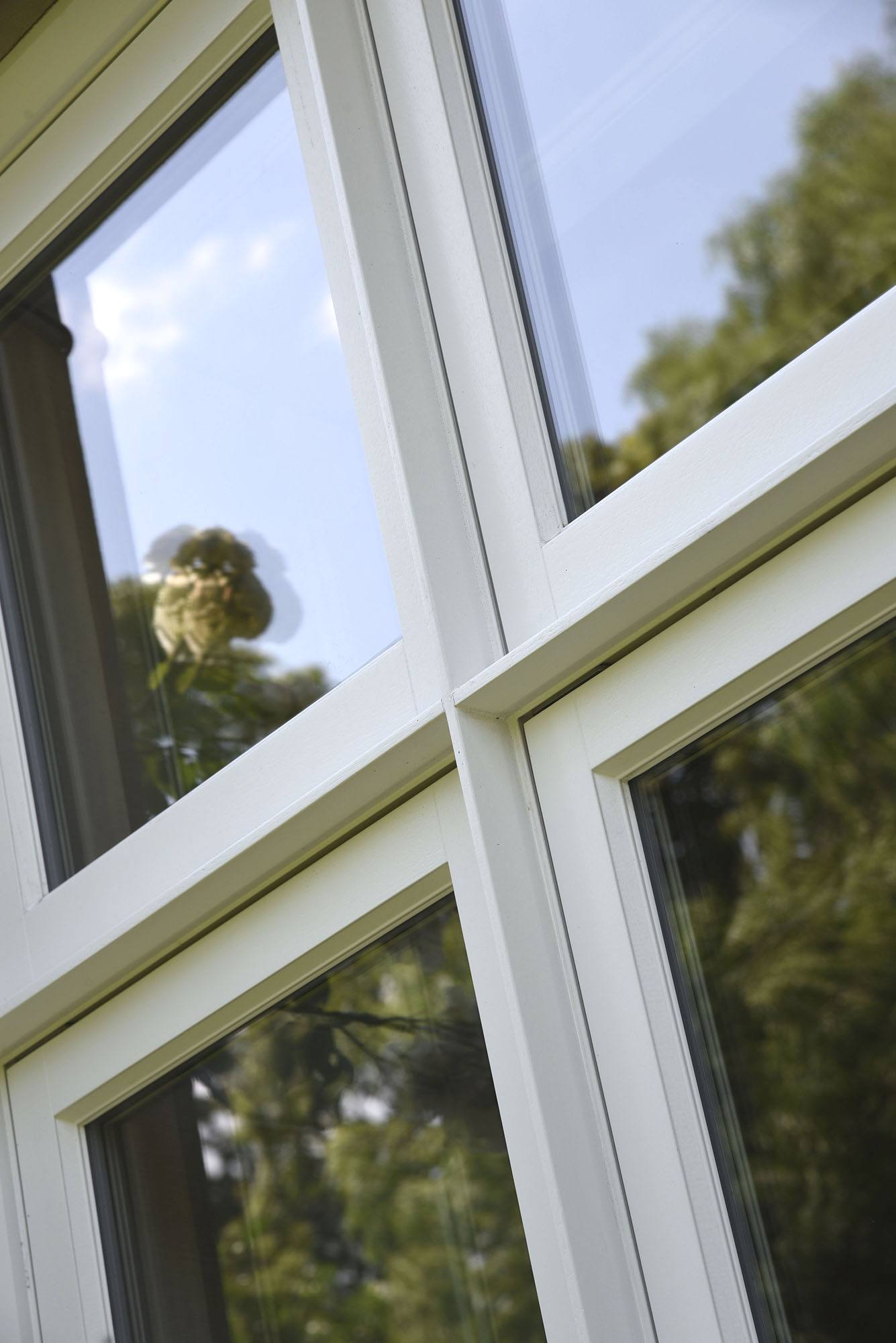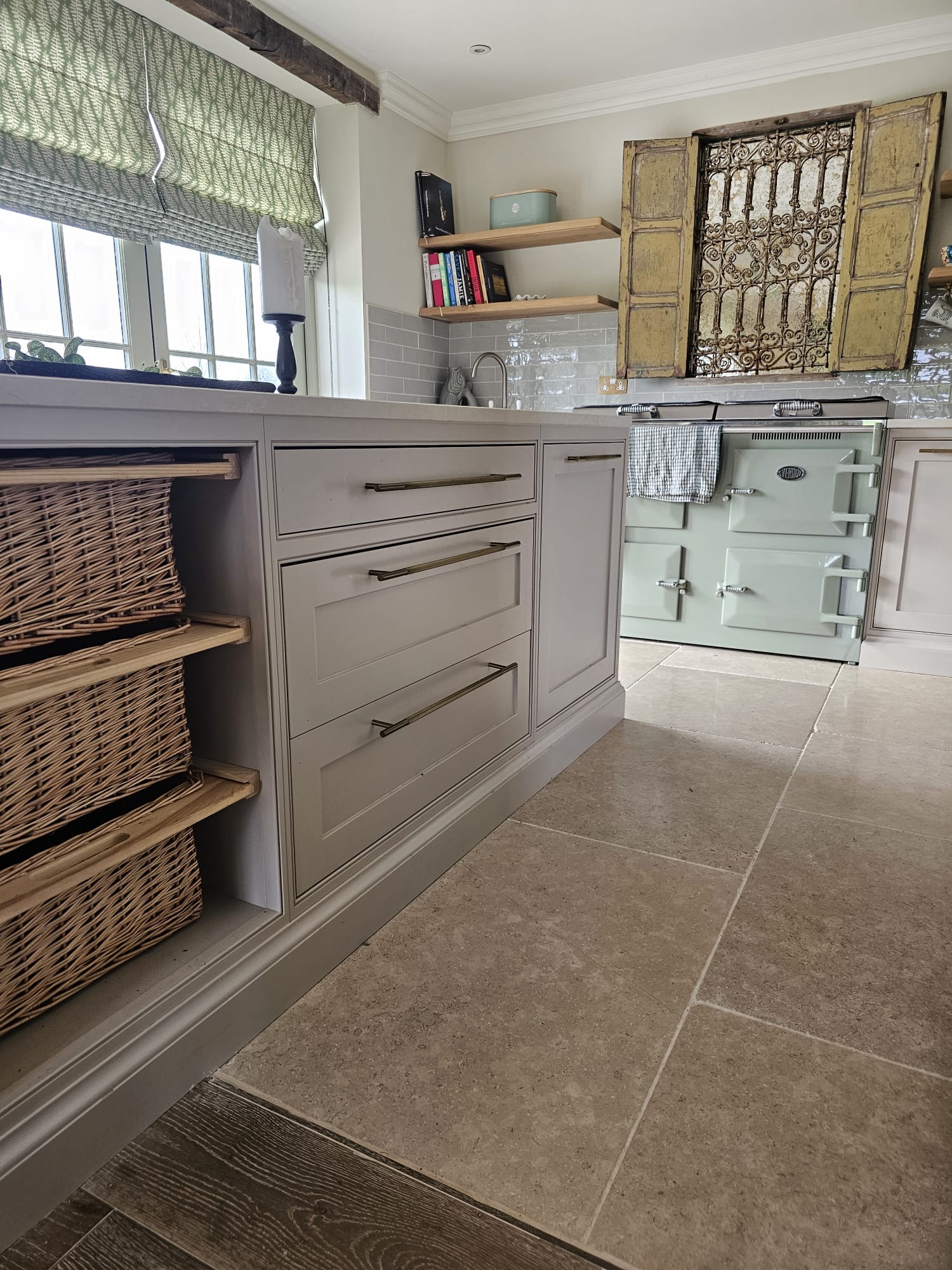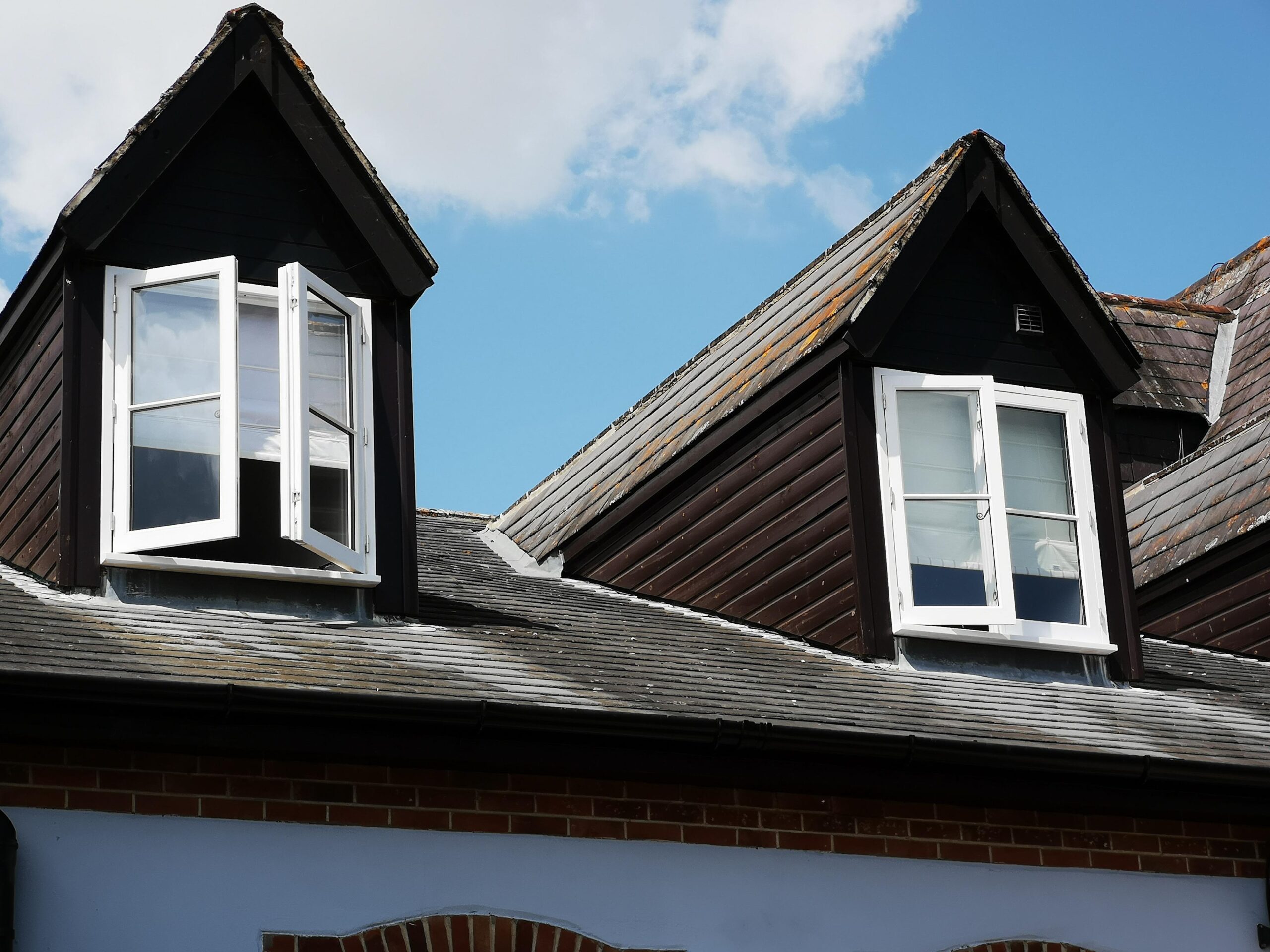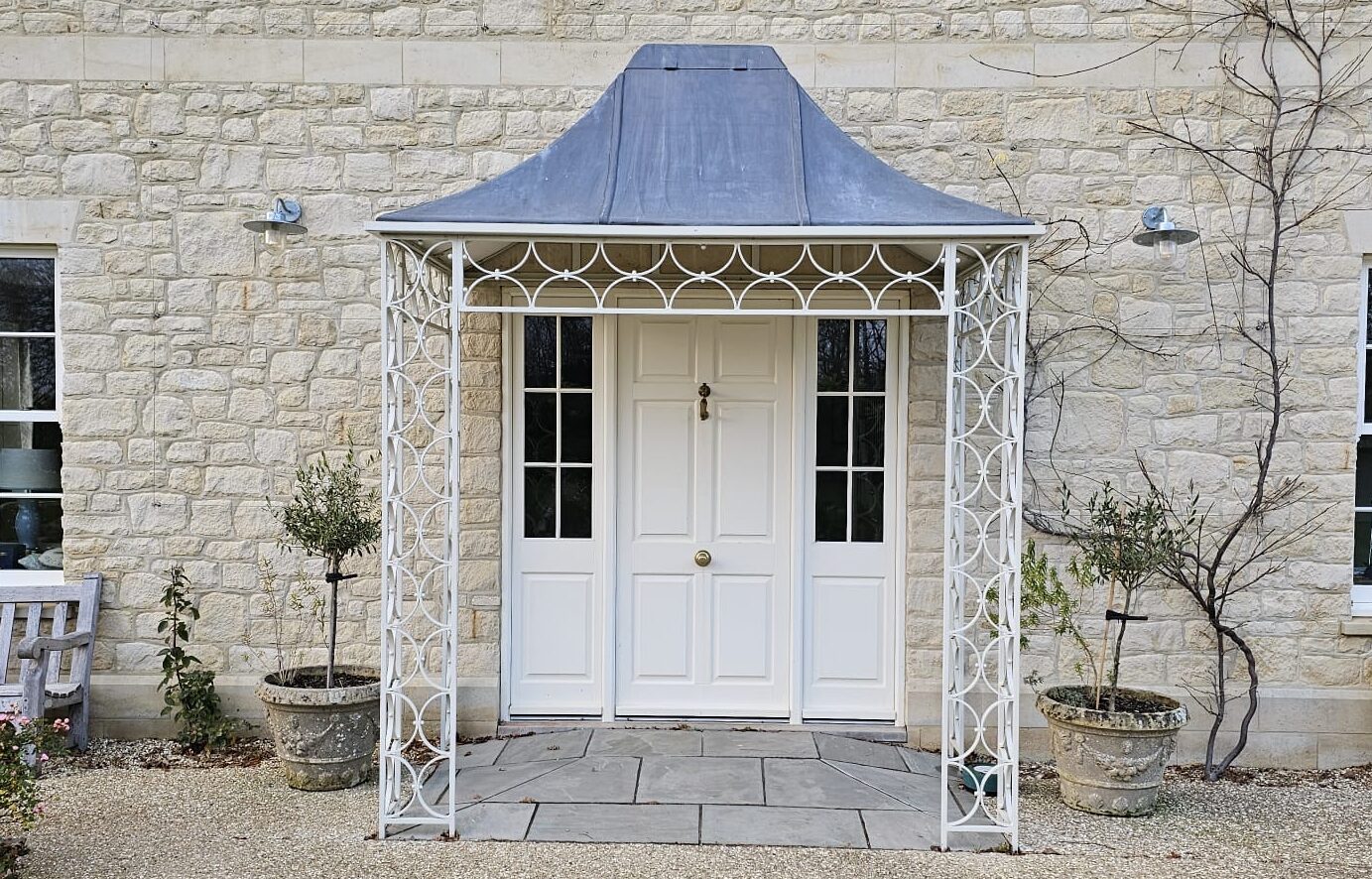
Timber vs uPVC Windows: Why Timber is the Superior Choice
Welcome to the ongoing debate surrounding the choice between timber and uPVC windows! While uPVC windows have gained popularity in recent years due to their perceived low-maintenance and cost-effective nature, we firmly believe that timber windows are the superior choice for the following reasons…





